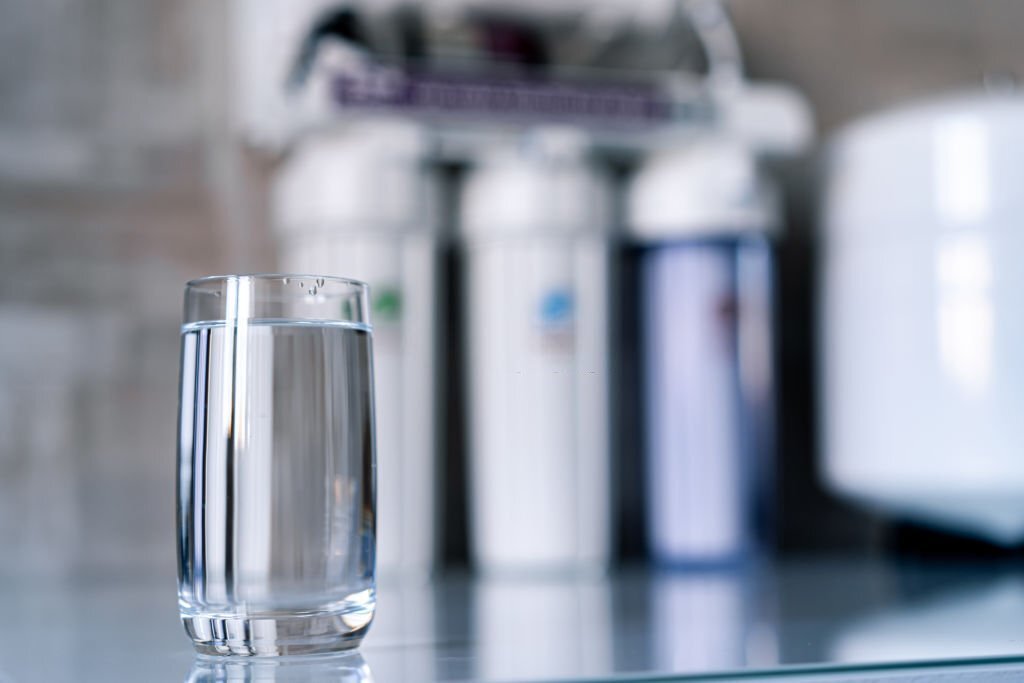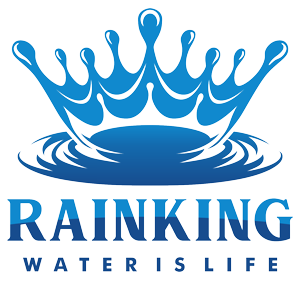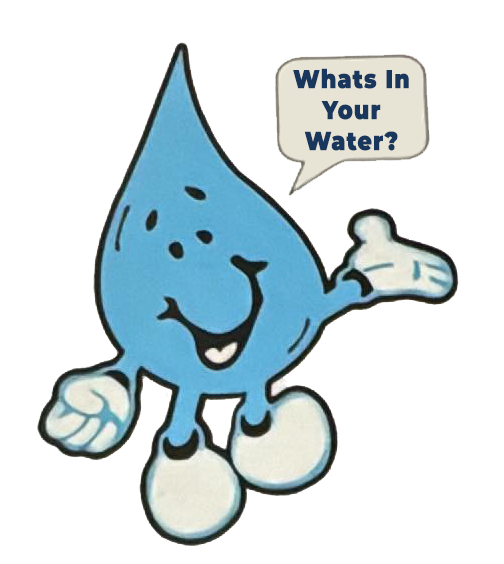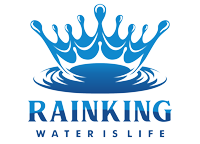Water is one of the most essential elements of nature, sustaining all life and providing many of the world’s resources. The water systems that exist around the globe are fascinating, yet complex and often misunderstood. From the hidden organisms living in the underworlds of a river to the intricate processes of filtration, the inner workings of a water system reveal a much deeper insight into the amazing world we inhabit. In this blog post, we’ll be exploring seven astonishing facts about water systems that you may have not heard of before. From the fascinating way water is used for energy production to the intricate details of the water cycle, these facts will leave you wondering how we ever lived without such a valuable resource. Even if you don’t consider yourself an expert in water systems, you’ll be amazed by the technological advancements and natural processes that keep our planet thriving. So, let’s dive into the depths of water systems and uncover some of the most interesting facts there are!
Water Systems Around the World
Water systems are everywhere! From the intricate underground networks of pipes that deliver fresh water to our homes to the vast array of lakes, streams, rivers, and oceans that cover the majority of the Earth’s surface. Water systems are extremely diverse and vary greatly from region to region. For example, in the United States, there are thousands of aqueducts, dams, and reservoirs that are used to transport and store fresh water. In contrast, many countries in Africa rely heavily on water wells and boreholes to access clean water. Furthermore, some water systems are more prone to environmental damage than others. For example, in many coastal regions, water systems are affected by rising sea levels and the effects of climate change. In other areas, water systems are threatened by pollutants, deforestation, and over-extraction of water resources. It’s important to understand the different water systems around the world and the challenges they face in order to prevent future damage and maintain a healthy ecosystem.
Elements of a Water System
A water system is made up of many different elements, including natural and man-made components. The most basic element of a water system is the water itself, which can be found in a variety of sources such as rivers, lakes, and oceans. Other elements of a water system include water pumps, tanks, pipes, and filters that are used to collect, store, and transport the water. In addition, water systems often rely on a variety of technologies to ensure that the water is clean and safe to use. This includes water treatment facilities, which use chemicals and other processes to purify the water and make it safe to consume. Water systems also rely on a variety of monitoring devices to detect any irregularities in the water quality.
The Benefits of Water Systems
Water systems are incredibly important for the health and well-being of people and ecosystems. For one, they provide us with safe, clean drinking water, which is essential for human survival. However, they also provide us with food, energy, and transportation. Water systems are used to irrigate crops, generate electricity, and power boats and ships that transport goods around the world. In addition, water systems also play an important role in controlling and preventing floods, as well as helping to reduce pollution. By regulating the flow of water throughout the system, water systems can help reduce the amount of toxins and harmful substances that seep into the ground and other water sources. This helps protect the environment and ensure a healthy ecosystem for all living organisms.



The Impact of Water Systems on the Environment
Water systems have a significant impact on the environment. This includes both positive and negative effects. On one hand, water systems help to replenish depleted water sources by providing clean water for drinking and irrigation. This ensures that there is enough water available for both humans and plants to thrive. On the other hand, water systems can also be detrimental to the environment if not properly managed. For instance, water systems can be contaminated by pollutants and over-extraction of resources, which can lead to ecological problems and a decrease in biodiversity. Furthermore, water systems can also be mismanaged and become overloaded, leading to flooding, soil erosion, and the destruction of natural habitats. It’s important to ensure that water systems are properly managed and monitored in order to prevent any environmental damage.
How to Improve Water Systems
Improving water systems requires a lot of effort and dedication from both governments and citizens alike. For starters, governments should implement policies and regulations that protect water sources and ensure that they are properly managed. This can include monitoring water quality, restricting water usage, and enforcing regulations on polluting industries. In addition, governments should also invest in infrastructure improvements, such as water purification plants and water pumps, to ensure that water is accessible and safe to use. On an individual level, people can also help improve water systems by participating in conservation efforts, such as using less water and reusing grey water. Furthermore, individuals should also educate themselves about the water system in their area and participate in clean-up efforts, such as beach clean-ups and river clean-ups. These small acts can have a big impact on the health of our water systems and the environment as a whole.
The Future of Water Systems
The future of water systems is an uncertain one, as climate change and other environmental pressures continue to affect our planet. It’s important to understand the threats that water systems face in order to secure a sustainable future for our planet. In the near future, governments and organizations should focus on investing in technologies that can help improve water systems, such as desalination and water filtration systems. Additionally, they should also invest in infrastructure improvements, such as water pumps, storage tanks, and pipelines, to ensure that water is accessible and safe to use. In the long term, governments and individuals should also focus on conserving natural water sources, such as rivers and lakes. This can be done by investing in water conservation programs and by encouraging people to use water responsibly. Furthermore, governments should also work to ensure that water is managed in a sustainable way, such as by investing in renewable energy sources and water-efficient technologies. By taking these steps, we can ensure that our water systems remain healthy and secure for generations to come.
The History of Water Systems
Water systems have been around for thousands of years, providing humans with a vital resource for survival. In ancient times, water systems were used for irrigation, transportation, and other daily tasks. In fact, many of the water systems that exist today were first built in ancient times. For example, the ancient Egyptians built a complex network of irrigation canals and reservoirs to supply water to their agricultural lands. In more recent times, water systems have become increasingly complex. Advances in technology have enabled us to build more efficient and reliable water systems, such as desalination plants and filtration systems. Additionally, new technologies have allowed us to monitor water quality in real time, which helps us to ensure that our water systems are safe and secure. Water systems are an integral part of our lives, and understanding their history helps us to appreciate their importance. In conclusion, water systems are fascinating and incredibly important for sustaining life on Earth. From the hidden organisms living in the underworlds of a river to the intricate processes of filtration, these systems provide us with valuable resources and help maintain a healthy environment. In this blog post, we’ve explored seven fascinating facts about water systems that you may have not heard of before. From the amazing way water is used for energy production to the intricate details of the water cycle, these facts will leave you wondering how we ever lived without such a valuable resource.




